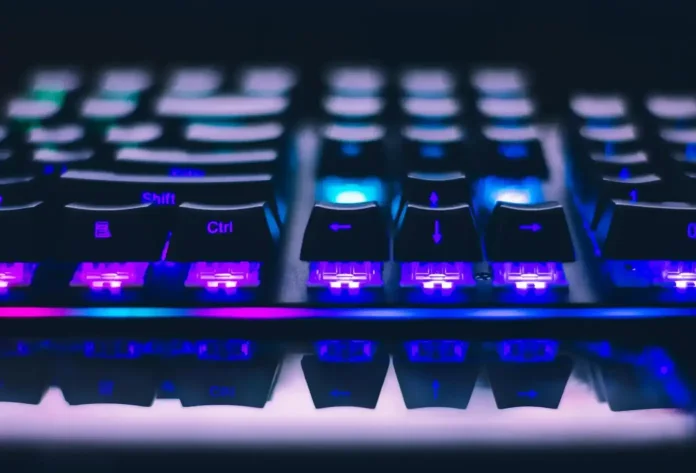We’ve all experienced that sinking feeling of accidentally deleting an important file. And when it’s not in the Recycle Bin, it can feel like it’s gone forever. However, in many cases, you can learn how to recover permanently deleted files from your PC using specialized software. When you delete a file, the data isn’t immediately erased; the operating system simply marks the space it occupied as available. With the right tool, you can often get it back.
Table of Contents
🤔 How File Recovery is Possible
When you ‘permanently’ delete a file (for example, by emptying the Recycle Bin), the ones and zeros that make up your file are not immediately wiped from your hard drive. Instead, the file system’s pointer to that data is removed, and the space is marked as ‘unallocated.’ The actual data remains on the drive until it is overwritten by new data. This is why time is of the essence: the longer you wait and the more you use your computer after deleting the file, the higher the chance that it will be overwritten and become unrecoverable.
🛑 What to Do Immediately After Deleting a File
The most important step to take after realizing you’ve deleted an important file is to stop using the affected drive immediately. Do not save any new files, install any programs, or even browse the web heavily, as all of these actions can write new data to your disk and overwrite the file you’re trying to recover. If the file was on your main system drive (your C: drive), it’s best to shut down the computer and use another PC to create a bootable USB drive with recovery software on it.
🚀 How to Use a Free Recovery Tool like Recuva
One of the most popular and effective free file recovery tools for Windows is Recuva. The best way to use it is to install its portable version onto a separate USB drive to avoid writing any data to the drive you’re recovering from. When you run Recuva, it will guide you through a wizard where you can specify the type of file you’re looking for (e.g., pictures, documents) and the location where it was deleted. Recuva will then perform a deep scan of the unallocated space on your drive and present you with a list of recoverable files. If you’re lucky, your file will be on the list, and you can restore it to a different, safe location.
More Topics
- What to Expect from the iPhone 16 Pro: The Biggest Rumors
- How TSMC’s New Chips Will Power the Future of Tech
- The Battle for the AI PC: Intel’s Lunar Lake vs. AMD’s Strix Point
- What We Know About the Rumored PS5 Pro
- How Intel’s Lunar Lake Chips Are Taking Aim at Apple’s M4
- What is OpenAI’s New GPT-4o and Why is it a Game-Changer?
- How to Connect to a Remote Server with SSH in Ubuntu

